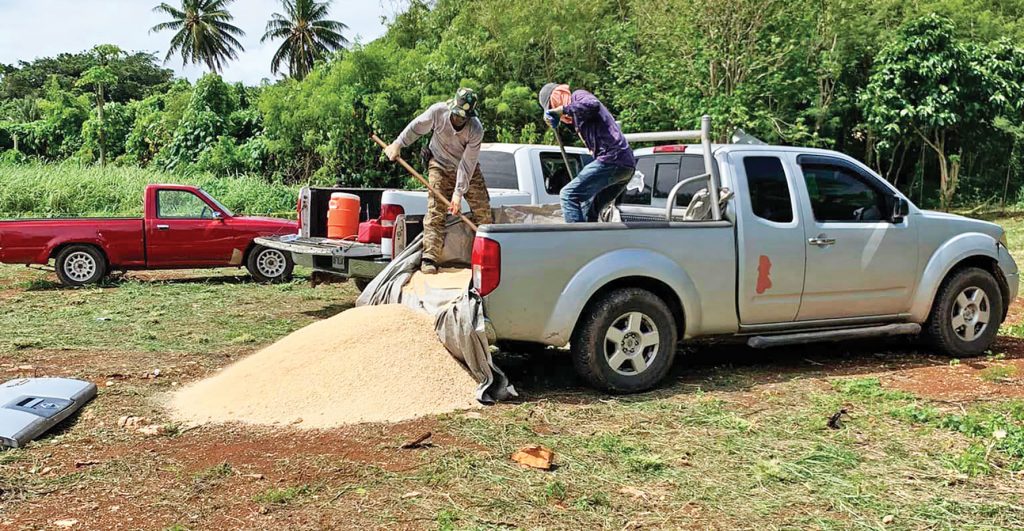‘Touchback exits will have grave impacts’
Part 3
Editor’s Note: This is part of a series of special reports that Saipan Tribune is featuring every Friday this month, focusing on the “touchback” provision. The series will examine the rule’s impact on employers, affected workers, and the CNMI economy.
The impending temporary exit of hundreds of foreign workers in the CNMI will leave a large gap in the CNMI’s workforce and there just isn’t enough local workers to fill the cracks. With this tremendous loss, workforce entities in the CNMI believe this would have an adverse impact on both businesses and government operations.
According to Nicole Babauta, president of the Society for Human Resource Management NMI Chapter, the loss would have a tremendous adverse impact because foreign workers holding CNMI Only Transitional workers visas—usually referred to as CW-1 visas—make up a large chunk of CNMI’s workforce, particularly since the CNMI is still in the process of recovery after the COVID-19 pandemic.
“Our continuing concern is with the ‘touchback’ provision of the U.S. Workforce Act, a ‘minimum 30-day departure’ from the Commonwealth, which will require thousands of workers and their families to leave the CNMI around the June 18 to October 1, 2023 time frame, for possibly up to six-eight months,” she said.

Foreign workers holding CNMI Only Transitional workers visas—usually referred to as CW-1 visas—make up a large chunk of the CNMI’s workforce. (KIMBERLY B. ESMORES)
“The absence of so many workers at the same time, to include both professionals and support workers, in key industries such as healthcare, utilities, telecommunications, and hospitality will have a tremendously adverse effect on business and government operations, especially at a time when we anticipate that our economy will be reviving,” Babauta added.
In hopes of filling the gap that will be left by this exodus, SHRM members have been making efforts to employ local workers to fill key positions. Unfortunately, there just aren’t enough local workers, she said.
“SHRM member businesses have been and are making sincere efforts to find and employ local workers. However, there are not sufficient local resident workers to fill certain healthcare, professional and semi/skilled-trades worker positions. Efforts are being made to correct this situation, including with the help of Northern Marianas College and [NMTech], but presently the CW-1 workers in these fields are vitally important to our community,” she said.
Fortunately, Babauta said, Delegate Gregorio Kilili C. Sablan (D-MP) has introduced legislation to postpone the touchback rule by a few months and SHRM NMI Chapter fully supports that.
“Doing away with or modifying the touchback provision of the U.S. Workforce Act will be of tremendous benefit to the CNMI in this regard. NMI SHRM gives our thanks and appreciation for all of the things that U.S. Delegate Sablan has accomplished for the CNMI community,” she said.
Acting Labor secretary Leila Staffler says the CNMI Department of Labor is well aware of this impending exodus of workers and, as a means to prepare for what seems like an inevitable loss, the department is looking at ways to connect unemployed CNMI locals to jobs through different kinds of community outreach as well as streamlining its website for a more efficient way for members of the community to find job vacancies.



























